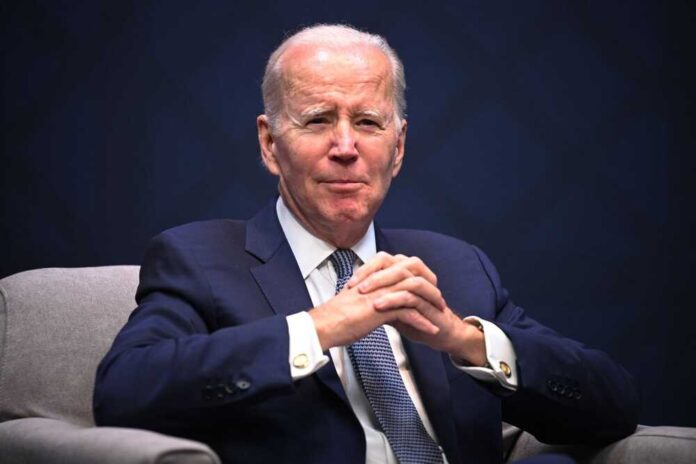
The White House this week announced an additional $1 billion in U.S. support for the United Nations’ Green Climate Fund (GCF) ahead of the Major Economies Forum on Energy and Climate (MEF) meeting. This pledge raises America’s total investment in the GCF, which promotes green technologies in developing nations, to $2 billion.
Joe Biden has also requested $500 million from Congress to support the Amazon Fund, an anti-deforestation initiative managed by the Brazilian Development Bank to protect the Amazon Rainforest. Additionally, he aims to promote various green technologies, including carbon capture.
Biden Will Hand Over Another $1 Billion To UN ‘Green Climate Fund’ https://t.co/Kq4txyVMhp via @DailyCaller
— Chris 🇺🇸 (@Chris_1791) April 20, 2023
While the GCF is intended to help fund projects in developing nations to transition to green energy sources rather than fossil fuels, critics argue that the U.S. needs to take a more assertive approach in ensuring other major polluters contribute to the cause. China, for instance, constructed more than triple the amount of new coal power projects compared to the rest of the world and approved more than three coal-fired power plants per week in 2022.
Biden also pledged to work with Congress to double U.S. funds by 2024, increasing the amount to $11.4 billion annually to help developing nations combat climate change. However, his promise comes as the fate of his climate change agenda remains uncertain, tied to the ongoing negotiations on infrastructure and budget legislation in Congress.
The funding announcement comes ahead of the COP26 Climate Change Conference in Glasgow, Scotland. British Prime Minister Boris Johnson has emphasized that meeting the climate finance target is key to building trust between developed and developing nations. However, while some environmental groups have praised Biden’s pledge, others, including activist Greta Thunberg, remain unimpressed and critical.
“The U.S. is still woefully short of what it owes, and this needs to be increased urgently,” said Mohamed Adow, director of Power Shift Africa. Thunberg added that the world’s top emitters of CO2 and the biggest producers of fossil fuels must do more than deliver fancy speeches.
The Biden administration’s climate commitments include:
- Achieving an emissions-free power sector by 2035
- A net-zero economy by 2050
- Cutting emissions by at least 50% by 2030
Last week, the Environmental Protection Agency introduced the strictest-ever emissions standards for gas-powered vehicles, predicting that two-thirds of new car sales will be all-electric by 2032.
Despite these efforts, a World Resources Institute analysis shows that even if the U.S. increases its climate aid commitment to $11.4 billion by 2024, it still falls short compared to the $24.5 billion the E.U. spent on climate aid in 2019. Furthermore, a recent report from the Organisation for Economic Cooperation and Development revealed that rich countries only contributed $79.6 billion in 2019, failing to meet the $100 billion goal.










